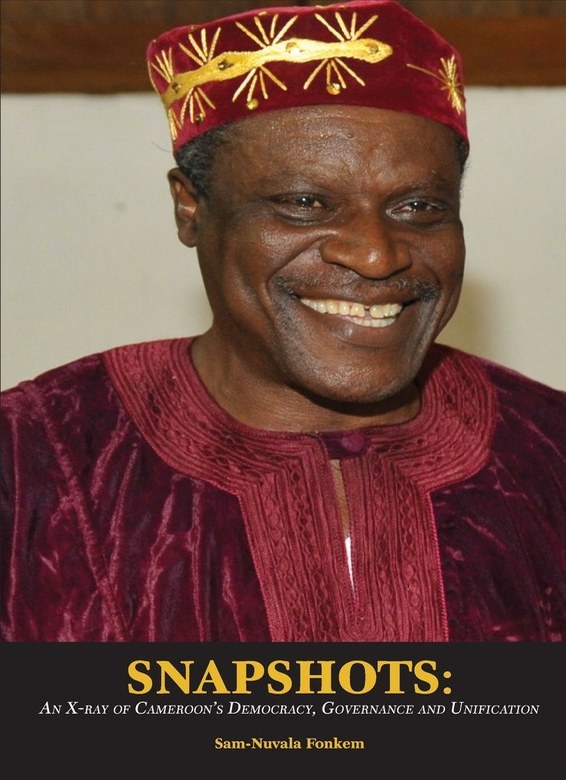written by Sam-Nuvala Fonkem
In the 1960s and 1970s, Third World governments prescribed and imposed a certain kind of journalism variously called ‘objective’ journalism or ‘development journalism’. They understood this as journalism restricted to reporting ‘facts’ as dished out by their propagandists and did not tolerate the questioning of government policy. By ‘development journalism’, they meant the mere reporting of government efforts to provide services, amenities and infrastructures and the singing of praises anytime a bridge was inaugurated, irrespective of whether it was well-built or whether the contract to build was awarded according to the norms of transparency and probity. This one-sided journalism was prevalent especially in state-owned media and media practitioners in the few private news publications that existed who did not toe the line were subjected to constant harassment and incarceration. However, with the coming of well-trained journalism graduates into the scene in the 1970s and the advent of global liberalization in the late 1980s and 1990s, daring journalists like Sam-Nuvala Fonkem thought it was time to take the bull by the horn and start taking a more critical look at government pronouncements, matching policy statements with real action in the field; in short, moving from ‘objective’ journalism to interpretative and investigative journalism. This collection of Sam-Nuvala Fonkem’s writings is a sampling of the fruit of that new spirit to dare where angels hitherto feared to tread, to hold public officials to account and to expose the falsehood cached behind the political masquerade of the ruling class.
| ISBN | 9789956791774 |
| Pages | 370 |
| Dimensions | 229 x 152mm |
| Published | 2014 |
| Publisher | Langaa RPCIG, Cameroon |
| Format | Paperback |




